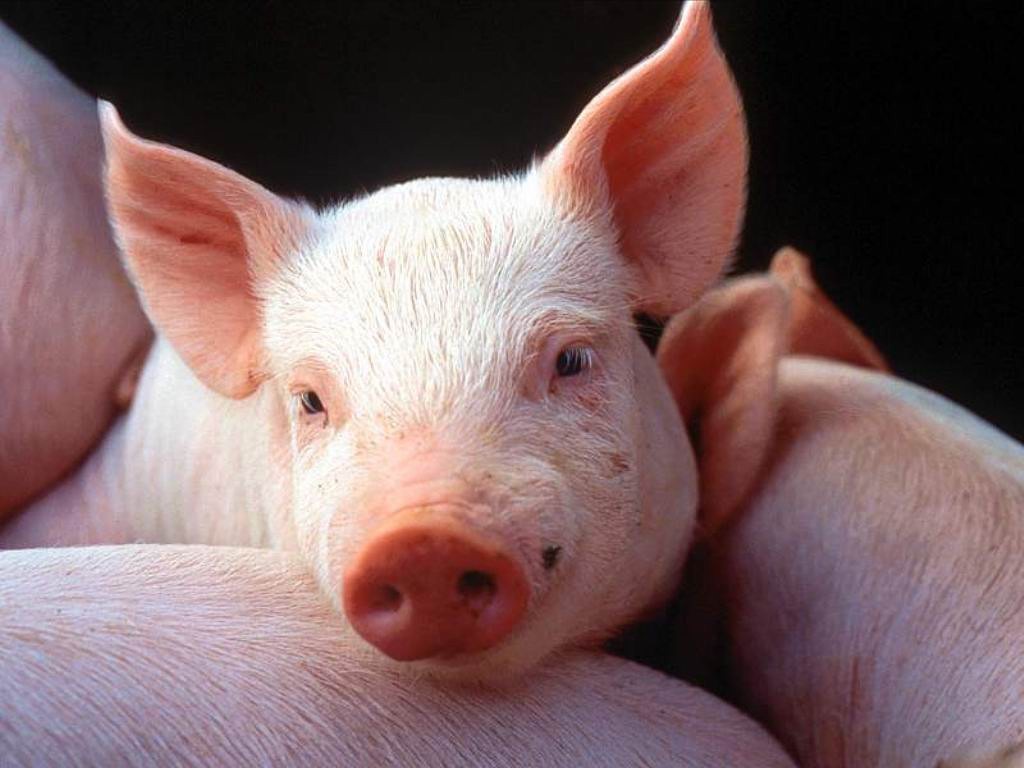Scientists have reorganized the genes of piglets to help them strengthen the process of fat burning. In nature, pigs lack the UPC1 gene that other mammals have and that helps them regulate body temperature. With the help of CRISPR technology, Beijing specialists took the UPC1 gene in mice and placed it in pig embryos, which were then implanted into thirteen sows. Three of them became pregnant and gave birth to 12 piglets.
Once this technology will allow the breeders to save millions of dollars in the pork production process. In modern conditions, farmers are forced to spend this money on heating and fattening pigs so that they do not freeze in winter. If you bring animals that could more effectively control body temperature, you can reduce part of the cost. While the taste of meat of such pigs is unknown (although scientists specifically selected the breed that is famous for the quality of its meat), but, according to the researchers, it will be more lean, since the fatty layer of the born piglets is 24% less than in conventional pigs.
This is a significant scientific achievement from the standpoint of genetics. But whether consumers are willing to eat meat of genetically modified pigs remains questionable.


